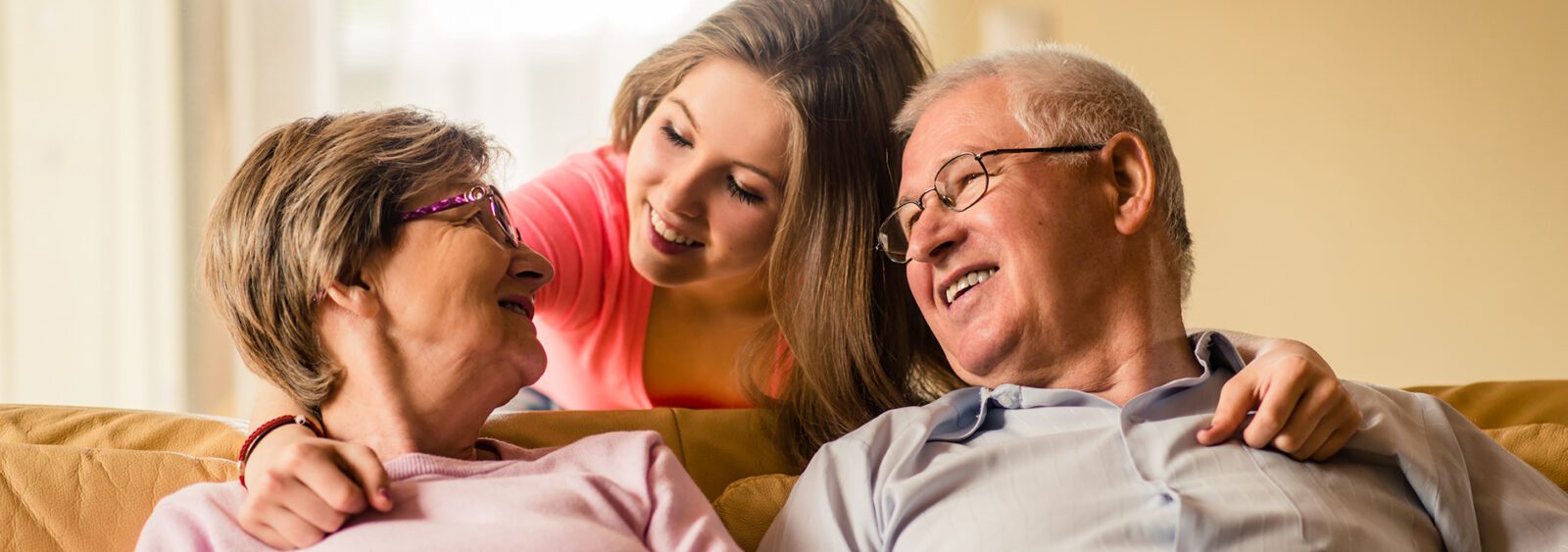The Importance of a Family Story


What if the most important thing you could do to help your child be more resilient was to tell them a story? Not just any story, but the story of your family.
Researchers have found that one of the best predictors for how a teen or child will respond to a stressful event is how much they know about their family’s history. How can knowing where Grandma met Grandpa affect a child’s ability to cope with stress?
Experts believe that it has to do with young peoples’ sense of being part of a larger family. Rather than feeling isolated and alone, they understand their story as part of a larger, inter-generational story.
While it appears that being a part of any story at all is helpful for kids’ sense of identity and belonging, researchers have found that family narratives that emphasize family strengths and also acknowledge family struggles produce the most resiliency.
These stories set kids and teens up to understand that there will be challenges and successes and that their family can support each other during hard times and celebrate the good.
Family traditions can also support this sense of continuity and history. They can be serious or silly, so long as they help create a sense of belonging and togetherness.
One of my family’s traditions is playing charades at Thanksgiving. Inevitably, one of my uncles chooses a few near-impossible phrases, and a couple cousins choose pop culture references that are sure to puzzle the older generation. My Aunt Alice once tried to act out “twerking.”
My grandfather had his own special categories, mostly vintage cars, and sports teams. One Thanksgiving he was trying to get the family to guess a certain car. When his team asked him how many syllables were in the word, he thought they were asking how many cylinders, and kept going back and forth between 6 and 8.
The family couldn’t understand why he would be confused as to how many syllables were in a word! Both of my grandparents have now passed, but I have great memories of them playing charades and I continue to embrace my own family story as a result.
What are some of your family traditions? How can you create more opportunities for telling stories and shaping your family narrative?
View the full article this post is based on.
Sandstone Care is a Denver, Colorado-based treatment program for young adults and adolescents struggling with substance abuse and co-occurring disorders.
Sandstone Care offers a full continuum of outpatient care including Extended Care, Day Treatment, Intensive Outpatient, and General Outpatient Programs for young adults (ages 18-30) and adolescents & troubled teens (ages 13-18).
Sandstone Care believes that successful outcomes are achieved through a systemic, evidence-based approach that addresses the entire individual as well as their environment – this means providing academic & vocational support to help individuals achieve their goals and discover their strengths, family participation to educate and support the entire family system, psychiatric and dietitian evaluations and support to promote a healthy mind and body, as well as community-based activities along with the more traditional evidence-based group and individual therapy.
If you or a loved one needs additional support, call our confidential line, at 888-850-1890 or fill out the form on our website, and our admissions team will be able to answer any questions as well as guide you and your loved ones toward the path of long-lasting recovery. For more information, visit sandstonecare.com.


We understand taking the first step is difficult. There is no shame or guilt in asking for help or more information. We are here to support you in any way we can.